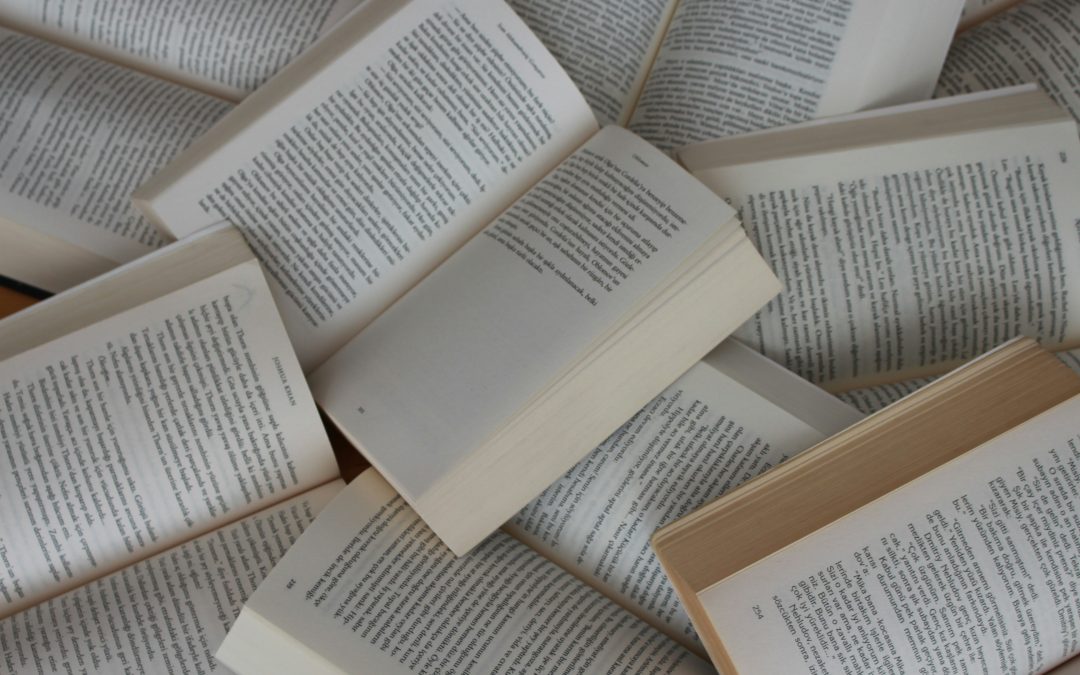We live in an economic system that, for decades, has rewarded speculation over the creation of real value. It has prioritized the extraction of human, natural, and social resources over their care or regeneration.
This model has pushed both our planet and our societies to the limit: growing inequality, climate crisis, emotional exhaustion, distrust in institutions, and a moral void that runs through many layers of global leadership.
The problem is not only economic. It is cultural, ethical, and civilizational.
Summer can be an opportunity to pause. To take a critical, distant look at what we are building. And to ask ourselves:
-
What kind of progress do we truly want?
-
What future are we leaving for those who come after us?
In contrast to the economy of short-termism and profit maximization at any cost, we need a humanistic economy. One that places both people and the planet at its center. An economy that does not give up profitability but subordinates it to purpose. One that measures success not only in numbers but also in real impact.
Below is a selection of books that help us imagine and build that change. Some approach it from economic theory, others from philosophy, business practice, or public policy. All of them are tools for those who refuse to accept the status quo and believe that another model —fairer, more conscious, more human— is possible.
📚 Recommended Books for a More Human Economy
-
Doughnut Economics – Kate Raworth
A model where the economy operates within a “doughnut”: a social foundation guaranteeing human rights and an ecological ceiling protecting the planet. -
Capital and Ideology – Thomas Piketty
A historical analysis of inequality and proposals to redistribute wealth and build a more democratic economy. -
Un mundo en cambio – Juan María Nin
A reflection on global economic transformation, Europe’s role, and the need for new alliances based on ethics and purpose. -
Impact – Sir Ronald Cohen
A practical guide to integrating social and environmental impact as a core axis of the capitalist system. -
Mission Economy – Mariana Mazzucato
A bold vision of how governments and companies must unite to lead social missions, much like great scientific endeavors. -
Reimagining Capitalism in a World on Fire – Rebecca Henderson
An academic proposal to reformulate capitalism with ethics, sustainability, and transformative innovation. -
The Tyranny of Merit – Michael J. Sandel
A critique of meritocracy as a moral justification for inequality, calling for an economy based on humility and solidarity. -
The Value of Everything – Mariana Mazzucato
A clear explanation of the difference between creating and extracting value, and how the current system rewards the latter. -
Conscious Capitalism – John Mackey & Raj Sisodia
A leadership manual for companies that integrate human values, stakeholder commitment, and sustainable profitability. -
How to Avoid a Climate Disaster – Bill Gates
A roadmap to prevent climate collapse, focusing on innovation, responsible investment, and global collaboration. -
Empresas que crecen con alma – Ángel Bonet
A personal and professional journey on how to build companies that generate economic value without losing their humanity, and that put purpose at the center of every decision.
We cannot keep funding disaster
We cannot afford to keep financing wars. Nor can we sustain, through our consumption, companies that produce harmful products —such as tobacco— or base their success on social injustice: precarious wages, abusive labor conditions, child labor, or the exploitation of vulnerable communities.
Equally, we cannot continue to reward models that pollute with impunity, destroying the ecosystems that make life possible.
It is time to act with coherence:
-
Review where we invest.
-
Evaluate what we buy.
-
Consider whom we vote for.
-
Choose whom we work with.
We must push for an economy that serves humanity, looks to the long term, generates shared prosperity, and rebalances our relationship with nature.
Because if we don’t do it now, when will we?
And if we don’t do it ourselves, who will?

